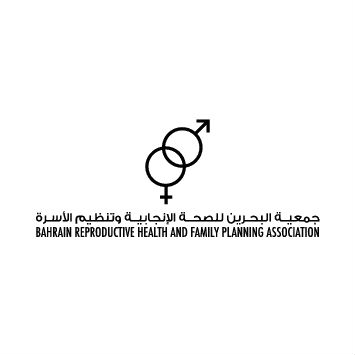
| 31 March 2016
Associação Guineense para o Bem Estar Familiar
Guinea-Bissau is one tenth the size of its neighbour Guinea-Conakry, but its people suffer equally distressing sexual and reproductive health (SRH) problems. The Associação Guineense para o Bem Estar Familiar was established in 1993 to address the major issue in family planning: equipping couples to make active, informed choices about the number of children they would have, and when they would have them. Since then, the Member Association’s work has expanded to embrace a full range of SRH concerns. It provides young people with information, education and communication (IEC) and behaviour change communication (BCC) around sexual and reproductive health; it works on the prevention, diagnosis and management of sexually transmitted infections (STIs) includind HIV; it provides post-abortion care and support; it provides care for victims of gender-based violence (GBV); and it advocates strongly at government level for legislation to prevent GBV. Associação Guineense para o Bem Estar Familiar achieved these results through a small but committed team that operate over hundred service points, including static clinics and community-based service points. Despite the relatively small size of the organization, it is growing rapidly with strong central support from IPPF, influential government partnerships, and backing from non-governmental organizations including UNFPA.

| 31 March 2016
Bahrain Reproductive Health Association
The Bahrain Reproductive Health Association (BRHA) is a public association, but does not provide any clinical services. It was established on 1975, by a group of Bahraini youth to serve the Bahrain community with commitment and accountability towards national and human responsibility. Through voluntary trained and specialized personnel, SRH targets include: Increase awareness and knowledge about reproductive health and the importance of family planning as a human need for the community. Increase women's knowledge about their reproductive rights, and enable them to practice their rights and make their own decisions. Increase men's responsibility and participation in reproductive health issues. Prepare youth for parenthood responsibilities, and improve care provided to adolescents. Communicate with decision makers and community leaders to support positive attitude towards reproductive health. These are achieved by the following: Increase awareness about reproductive health among the community through seminars, lectures, leaflets and educational articles. Train volunteers to become specialists in reproductive health and family planning. Provide reproductive health counselling through the counselling centre in the association. Increase cooperation and coordination with governmental authorities, associations, social clubs and different media facilities to promote reproductive health. Increase cooperation and coordination with all agents concerned in combating and preventing HIV.







